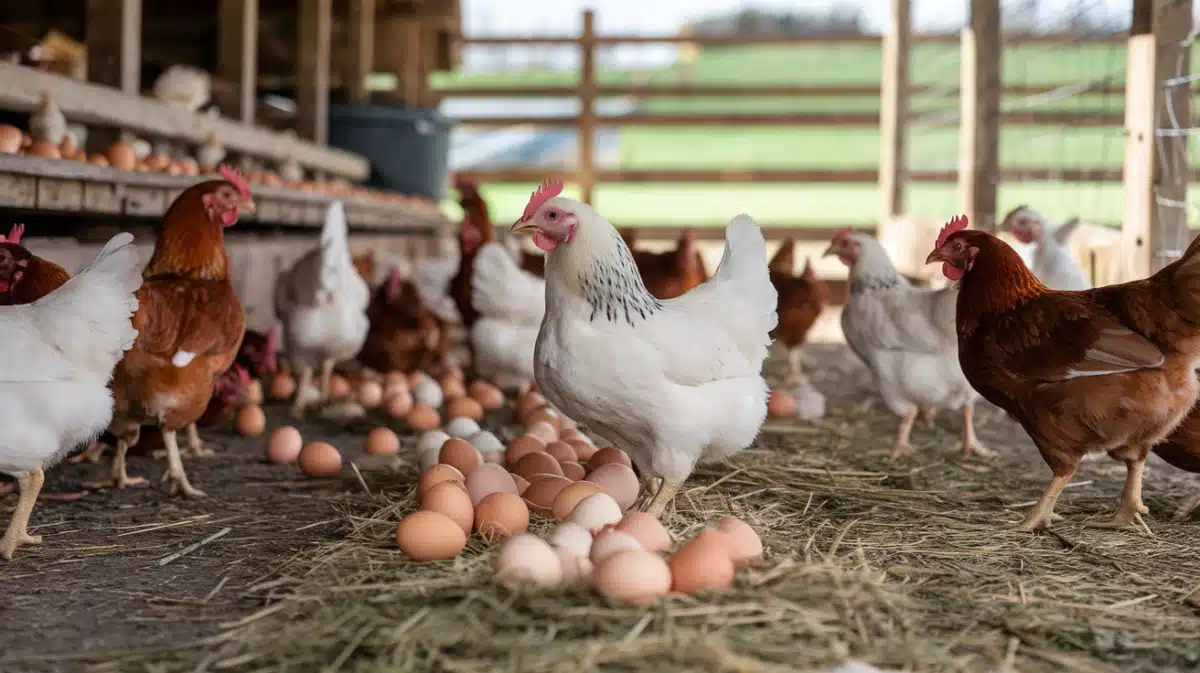The highly contagious H7N8 strain of avian influenza has been detected at a fourth poultry farm in Euroa, Victoria, deepening concerns over the ongoing outbreak in the region.
This latest detection is directly linked to Kinross Farms, a significant egg supplier in the area, which has already culled over 600,000 birds to contain the virus.
With the outbreak’s scope widening, local authorities are ramping up biosecurity measures to prevent further spread.
The discovery of avian influenza at Kinross Farms and surrounding properties comes as Australia grapples with the largest-ever avian influenza outbreak in 2024. The new case at Euroa has further strained egg supplies, with growing concerns about the impact on food production and availability in the region.
According to Philip Szepe, managing director of Kinross Farms, the company’s decision to depopulate its remaining laying farms is part of a strategy to control the virus’s spread while preparing for future recovery.
An Escalating Biosecurity Crisis
With over 100 people actively involved in containment efforts, the outbreak has become a significant public health and agricultural challenge. Victoria’s acting chief veterinary officer, Cameron Bell, emphasized the importance of containment measures, stating that work is already underway to eradicate the virus and protect the surrounding farms.
These efforts include establishing restricted zones around the affected farms, where movement of poultry and related products is strictly regulated.
Local communities are being urged to remain vigilant, with public cooperation essential for early detection and containment. Bell noted that anyone in the restricted zone who witnesses sudden poultry deaths or suspects disease should immediately report the incident to authorities.
The containment measures in place span a 5-kilometre radius from the affected properties and include housing requirements for birds on nearby farms.
Ongoing Recovery and Industry Resilience
Despite the scale of the outbreak, Kinross Farms remains committed to supplying eggs to the Australian market. Szepe expressed gratitude to the company’s employees, suppliers, and contract producers for their continued support during the crisis.
He stressed that while recovery will take time, the decontamination and sanitation processes employed during last year’s outbreak have proven effective in returning farms to productivity.
The outbreak has significantly disrupted egg supplies, but authorities are confident that the current measures will help stabilise the situation. Looking ahead, the primary challenge will be preventing future outbreaks and safeguarding the poultry industry from long-term damage.









